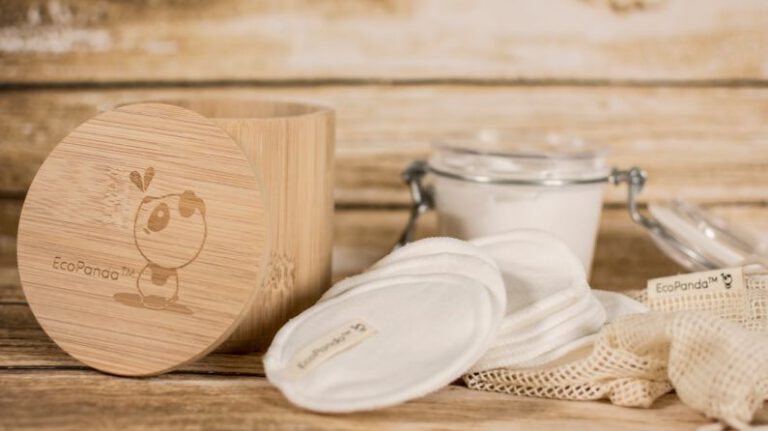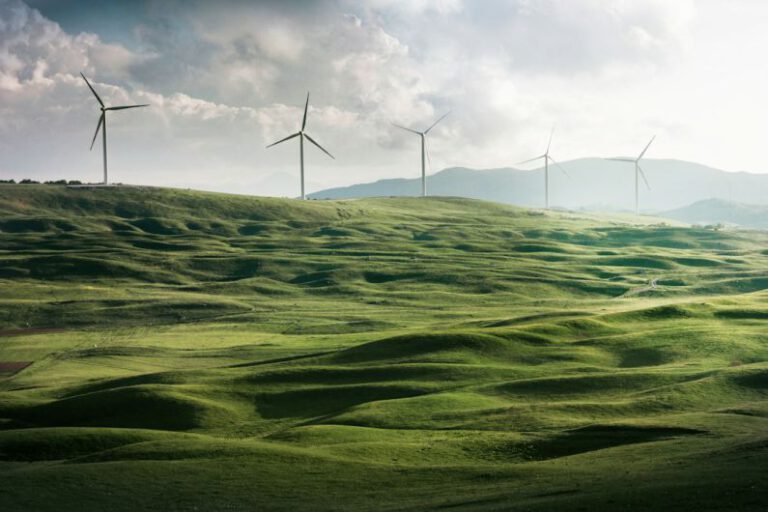Is Rainwater Harvesting a Viable Option for You?
Rainwater harvesting is a sustainable practice that has been gaining popularity as people become more conscious of their environmental impact. By capturing rainwater that falls on roofs and other surfaces, it can be stored and used for various purposes, reducing the demand on mains water supply and lowering water bills. But is rainwater harvesting a viable option for you? Let’s delve into the benefits and considerations to help you decide if this eco-friendly solution is right for your home.
**Benefits of Rainwater Harvesting**
One of the primary benefits of rainwater harvesting is its positive impact on the environment. By collecting rainwater, you can reduce your reliance on mains water supply, which is often sourced from rivers, lakes, and underground aquifers. This helps to conserve these precious water sources and reduce the energy required to treat and transport water to your home.
Additionally, rainwater is relatively clean and soft compared to hard water from the mains supply, making it ideal for various non-potable uses. This includes watering your garden, washing your car, flushing toilets, and even doing laundry. Using rainwater for these purposes can significantly lower your water bills and reduce the strain on municipal water treatment facilities.
Another advantage of rainwater harvesting is its independence from external water sources. In times of water restrictions or shortages, having a rainwater harvesting system in place can provide you with a reliable water source for essential tasks. This can be particularly beneficial for rural areas or properties with limited access to mains water supply.
**Considerations Before Implementing Rainwater Harvesting**
While the benefits of rainwater harvesting are clear, there are some considerations to keep in mind before implementing a system in your home. The first factor to consider is the upfront cost of installing a rainwater harvesting system. This includes the cost of purchasing and installing a storage tank, pumps, filters, and other necessary components. However, it’s essential to weigh this initial investment against the long-term savings on water bills and potential rebates or incentives offered for installing eco-friendly systems.
Another consideration is the maintenance required to keep your rainwater harvesting system functioning efficiently. Regular cleaning of gutters, filters, and storage tanks is essential to prevent debris buildup and ensure the quality of the collected rainwater. It’s also important to monitor water levels and usage to prevent overflows and optimize water conservation.
Additionally, the legal and regulatory aspects of rainwater harvesting should be taken into account. Some regions have specific guidelines and permits required for installing rainwater harvesting systems, so it’s crucial to familiarize yourself with local regulations before proceeding with the installation.
**Is Rainwater Harvesting Right for You?**
In conclusion, rainwater harvesting can be a viable option for homeowners looking to reduce their environmental footprint, lower water bills, and increase their water independence. By considering the benefits and potential challenges associated with rainwater harvesting, you can make an informed decision about whether this sustainable practice aligns with your needs and circumstances. If you have the resources to invest in a quality rainwater harvesting system and are willing to commit to regular maintenance, then implementing rainwater harvesting could be a valuable addition to your home.






